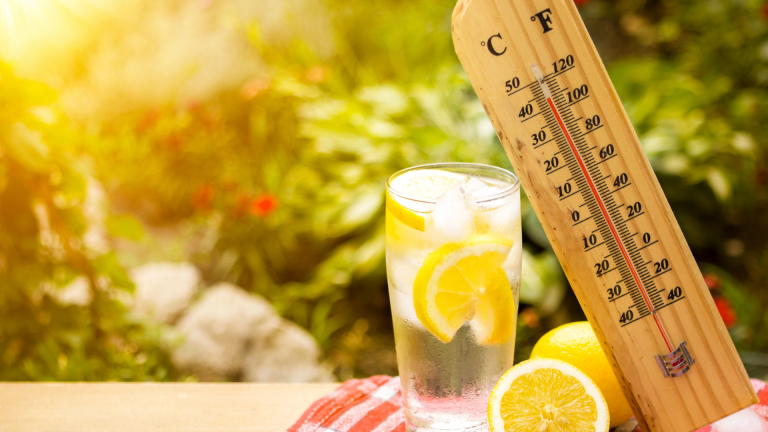Tips To Prevent Heat-Related Illness
January 27 2018Extreme heat can affect anybody. Those most at risk are older people, young children and people with a medical condition. In fact, heat kills more Australians than any natural disaster.

Heat stress occurs when our body is unable to cool itself enough to maintain a healthy temperature. Normally, the body cools itself by sweating, but sometimes sweating isn’t enough and the body temperature keeps rising.
Heat-related illness can range from mild conditions such as a rash or cramps to very serious conditions such as heatstroke, which can kill.
Overexertion in hot weather, sun or bushfire exposure, and exercising or working in hot, poorly ventilated or confined areas can increase your risk of heat stress. Heat can also make an existing medical condition worse, for example heart disease.
Prevention is the best way to manage heat-related illness. Some tips to prevent heat stress include:
- Drink plenty of water– you need to drink more during hot weather, regardless of how active you are, even if you don’t feel thirsty (check with your doctor if you are on limited fluids or fluid pills). Avoid alcohol or drinks that contain lots of sugar. Don’t have extremely cold liquids, as they may cause stomach cramps.
- Avoid exposure to heat– stay out of the sun as much as you can,
- Protect yourself outside– if you must be outdoors, remember to protect yourself from the sun – ‘slip, slop, slap’ by covering exposed skin with lightweight clothes, using sunscreen and wearing a hat, ‘seek’ shade and ‘slide’ on sunglasses.
- Plan ahead– too much activity on a hot day can lead to heat stress. If you can, restrict activity to cooler parts of the day. Avoid physical activities like sport, renovating and gardening.
- Don’t leave kids, older people or pets in cars – even on cool days, cars can heat up to dangerous temperatures very quickly. People or pets that are left unattended in parked cars for even a few minutes are at risk of serious heat-related illnesses and possibly death. Never leave kids, older people or pets in a parked car, even if the windows are left open a fraction.
- Take it easy– rest often and, whenever possible, stay indoors or in the shade.
- Stay cool– and keep air circulating around you. Draw your blinds or curtains and use a fan or air conditioning if possible (if you don’t have air conditioning, consider visiting an air-conditioned shopping centre or public library). Keep yourself cool by using wet towels, putting your feet in cool water and taking cool (not cold) showers.
- Keep up your energy levels– eat smaller meals more often and cold meals such as salads.
- Check in on others– keep in touch with older, sick or frail family, friends and neighbours who may need help coping with the heat, especially those who live alone. Call them at least once on any extreme heat day.
If you are feeling unwell contact your doctor or for immediate medical attention telephone 000.
—
Sourced from Better Health Channel.
